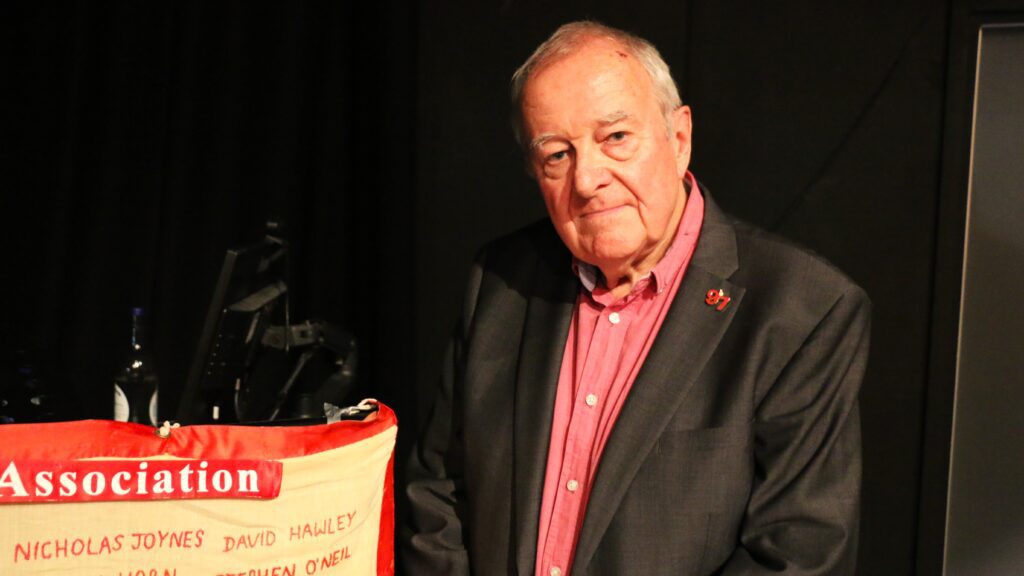Researchers at Edge Hill University analysed 24,000 newspaper articles containing references to autism or autistic people in 10 national British papers between 2011 and 2020.
And they found that although the coverage of autism increased slightly over time, newspapers still emphasise adversities associated with the condition, often leaning on negative language.
Press coverage can reflect as well as help shape public attitudes towards autism and neurodiversity, potentially strengthening existing barriers to social integration for autistic people.

“Feeling accepted is crucial for the successful integration of autistic people into education, work, and society. Trying to cope with autism-related stigma impacts on their mental health.”
“Language around autism in the press is crucial for autistic people and anyone interested in a more inclusive society. By continuing to present negative and misleading views, newspapers may perpetuate or reinforce pre-existing prejudices readers may have.”
Dr Themis Karaminis, Senior Lecturer in Psychology
According to the study, contemporary British newspapers emphasise ‘deficits’ and promote medicalised views of autism, which is portrayed too often as a ‘disorder’ from which mainly boys ’suffer’.
More than 90% of the time, newspapers present autistic people as lacking agency or missing a voice.
“Our understanding of autism has changed.
“Researchers increasingly see autism as a different way of experiencing the world. These differences in cognition, often called neurodiversity, are natural and found in all ages and genders.”
“Even if it can be challenging at times, neurodiversity is essential for societal progress. Any thriving society must recognise, accept, and celebrate all of its diverse talent.”
Dr Themis Karaminis, Senior Lecturer in Psychology
They looked at print and online editions of 10 national newspapers: Daily Express, Daily Mail, Daily Mirror, Daily Star, Daily Telegraph, The Guardian, The Independent, The Observer, The Sun and The Times.
The researchers identified all newspaper pieces referring to autism and autistic people.
Once the 24,000 articles had been identified, the vocabulary and grammar were analysed to uncover explicit and implicit attitudes towards autism contained within them.

“Our methods detected patterns in the authors’ choices of particular words or grammatical structures to refer to autism or autistic people.
“These uncovered attitudes and biases, both explicit and implicit, towards autism. Authors may be unaware of their biases or be consciously trying to obscure them.”
Dr Costas Gabrielatos, Reader in Corpus Linguistics and English Language
The study found that, particularly in broadsheets and left-leaning newspapers, representations have shifted gradually away from stereotypical views.
But tabloids lagged behind in the coverage of autism. In 2020, the odds of finding a reference to autism in The Independent than in The Sun were greater than 7-1. Furthermore, tabloids offered more negative portrayals, often using a dramatic tone.
“The gap between tabloid and broadsheet representation should be closed to help foster more positive and inclusive attitudes towards autism.
“The press can serve as a lens through which to study the acceptance of autism. Newspaper language could be useful for public policy and assessing societal progress.”
Dr Themis Karaminis, Senior Lecturer in Psychology
The study received funding from the British Academy/Leverhulme and was published in the journal Autism.
November 24, 2022



